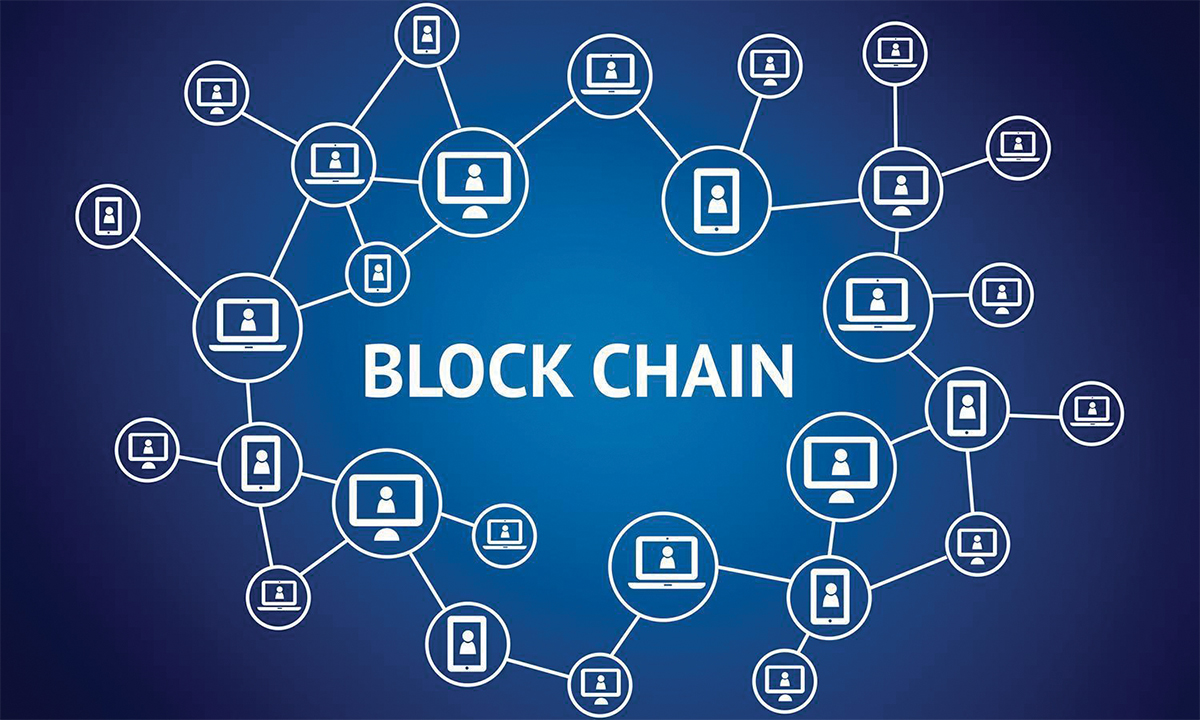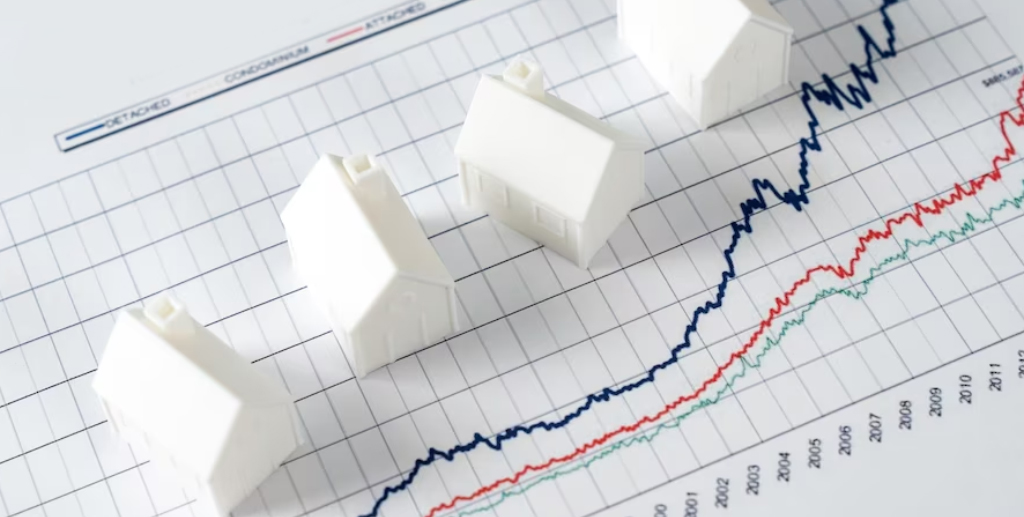
The future of real estate in 2024 is all about technological advancement, smart home technology, demographic shifts, eco-friendly homes and sustainable housing schemes. However, the current situation in Pakistan has made things quite fluctuate, but those who are keeping a close eye on the best investment opportunities are the ones who are the most wise. Let’s check out the ongoing trends in this industry that will shape the future of the real estate market in 2024.
6 Trends to Watch in Future of Real Estate in 2024
Infusion of smart home technology

The future of housing is shaped by smart home technology, completely changing the real estate market. Fully integrated with AI and IoT, these houses provide unmatched convenience, security, and energy efficiency. Smart homes accommodate contemporary lifestyles with features like voice-activated assistants, automatic lighting, and temperature controls.
Beyond only being convenient, the future of real estate also predicts an increase in property value and draws in tech-savvy purchasers. Real estate developers are incorporating bright elements into their new builds as more people want connected living spaces. Smart homes are set to take the market by storm as this trend picks up steam and completely changes how we view and use our living areas.
Spacious layout and expansive balconies

Large balconies and roomy floor plans offer an unmatched sense of freedom and outdoor connection, redefining the essence of sustainable housing schemes. These characteristics improve a home’s usability and visual appeal by fostering a welcoming atmosphere.
With lots of room for amusement and leisure, people may easily throw parties or enjoy peaceful moments at their eco-friendly homes. Broad balconies provide breathtaking views and fresh air while extending living areas and obfuscating the distinction between interior and outdoor spaces. These outdoor spaces are highly desirable in the real estate market since they improve quality of life, whether for coffee in the morning or stargazing at night.
Blockchain real estate transactions

The future of real estate is about to undergo a significant transformation thanks to the introduction of blockchain technology, which will bring about more efficient transactions and lower costs. Dubai and other Middle East real estate industries have already adopted this payment method. By 2025, savings of up to $1.2 trillion are predicted to help buyers and sellers.
The significant decrease in transaction costs acts as a strong motivator for the broad implementation of web3 solutions. It is predicted that by 2030, transactions involving real estate on blockchain will account for 5% of all transactions worldwide, a substantial increase from the current subset of less than 1%. This trend represents a fundamental change toward a more transparent, secure, and decentralized real estate sector, in addition to its promise of efficiency.
Virtual Reality in Locking Real Estate Deals

In the real estate industry, virtual reality (VR) and augmented reality (AR) are rapidly changing the investment game among prospective buyers! Gone are the days when you had to personally visit every place to find your dream home.
Imagine yourself being able to virtually tour houses from any location. With these advanced technologies, buyers may virtually tour properties, saving time and adding enjoyment to the process of buying their eco-friendly home. You can explore every inch and detail using VR and AR without getting off your couch. It’s exciting and futuristic, in addition to being convenient. VR and AR are changing the way we purchase and sell homes by making the house-hunting process more enjoyable and engaging. This is ushering in a new digital era for the real estate sector.
AI-Powered Property Evaluation

The real estate industry is about to change as AI-Powered Property Evaluation delivers accurate and rapid valuations. With the use of complex algorithms, this technology examines a variety of data sets, such as property attributes, market patterns, and similar sales, to provide exact evaluations.
This innovation gives both buyers’ and sellers’ confidence by reducing the possibility of overpricing or underpricing properties. When AI powers the process, property appraisal becomes more rapid, dependable, and efficient. This invention transforms how appraisals are done in the digital era by streamlining transactions and establishing new standards for accuracy and transparency in the real estate industry.
Shift in demographic Dynamics

Buyer preferences and the real estate market are changing due to shifting demographics, particularly the ageing of established countries and the rise of millennials and Gen Z as significant consumer groupings. The need for a variety of property types, including urban apartments geared toward younger generations and senior living facilities, is being driven by this transition.
Connectivity, sustainable living spaces, and lifestyle facilities are now top priorities for buyers. Investors need to shift their focus to buildings and developments that accommodate the shifting desires of the population as a whole. This trend emphasizes how crucial it is to match real estate products to the preferences and requirements of today’s broad and dynamic consumer base to shape the industry’s future.
Conclusion
The future of real estate is uncertain. No one in this industry can promise properties’ profits, appreciation, and long-term potential. Wise are those who keep them braced with updated trends and future forecasts that make them sustainable in this market. But one thing will be sustained forever in this real estate industry: “Eco-friendly homes along with sustainable housing schemes. Hop on the latest trends, research more about the future, and then make a decision about buying, selling, or investing.



Leave a Reply